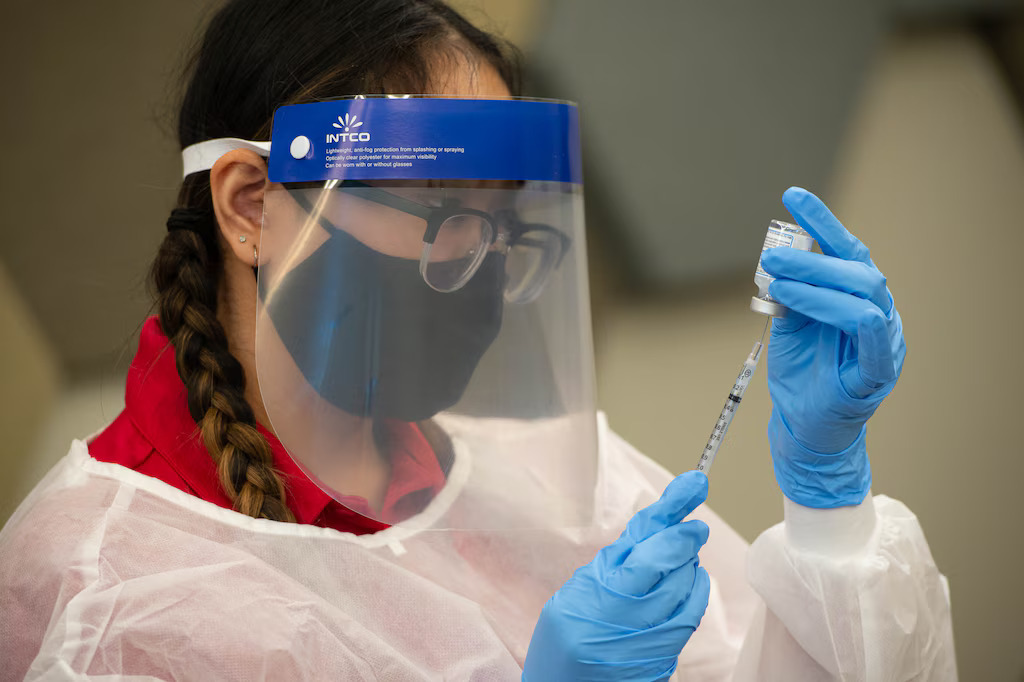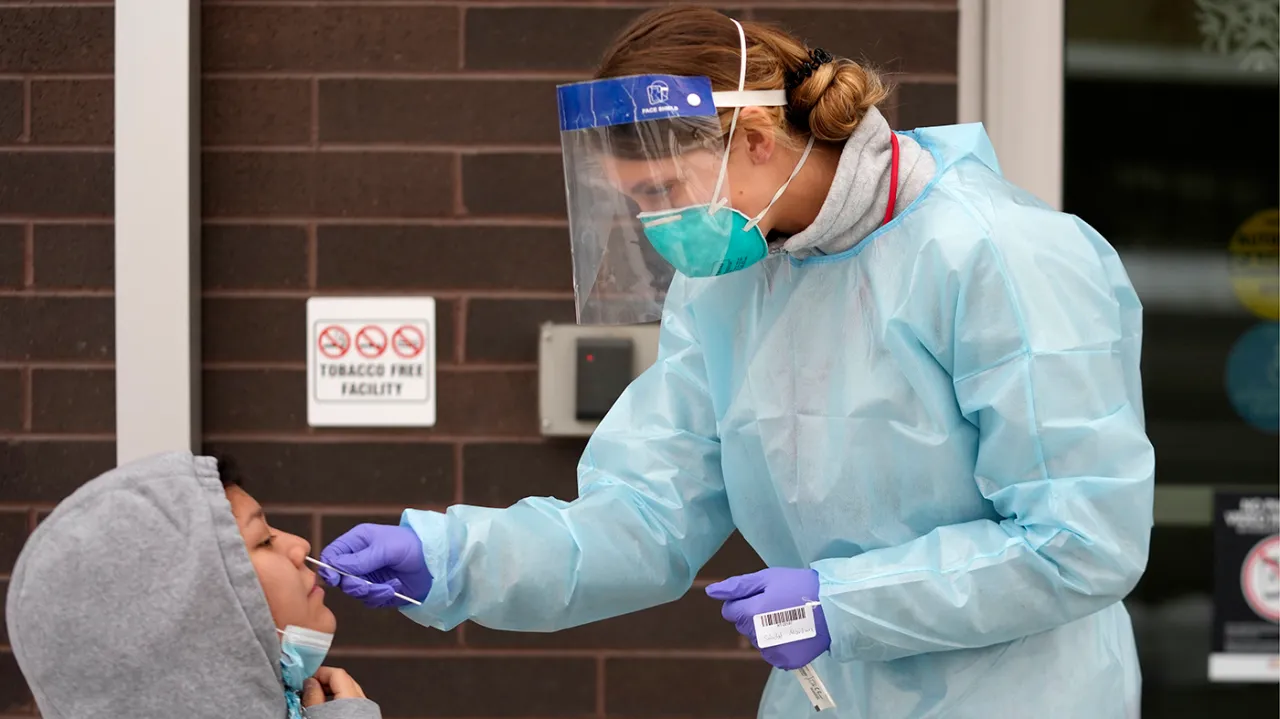Blake Bockholt, a former high school English teacher from Utah, used to lead an active lifestyle, engaging in running, cycling, and canyoneering. However, after contracting long COVID, his life changed drastically. He described the condition as having a profound impact on both his physical and mental health, leaving him unable to recover after physical exertion.
This condition, known as post-exertion malaise, forced Bockholt to adjust his life significantly, leading him to reduce his work hours and eventually stop teaching altogether, with encouragement from his principal. The adjustment process was difficult, but it made him confront the limits his body had long been signaling.
On Wednesday, Bockholt’s story was shared in the context of a new study on long COVID by the Utah Department of Health and Human Services. The report highlighted the significant and often underestimated impact of long COVID on Utah residents.
It revealed that about one in every 12 Utahns is experiencing lingering effects of COVID-19, which affect not just physical health but also emotional, mental, and financial well-being. The findings call attention to the unmet needs of patients dealing with the long-term consequences of the disease, urging both medical providers and caregivers to be more supportive.

Bockholt’s personal goals have shifted from his former lifestyle of teaching and outdoor activities to prioritizing his health and family. He explained that he now avoids activities that do not contribute positively to his well-being or his family’s needs.
Although he feels better than he did six months ago, he no longer expects to return to teaching, acknowledging that pushing himself too hard—especially when attending his children’s games—is still something he sometimes struggles with. Despite these ongoing challenges, he remains determined to be present for his family, underscoring that some sacrifices are worth making for loved ones.
The report from the Utah Department of Health and Human Services provided a snapshot of the impact of long COVID in the state. It revealed that 57% of those with long COVID report severe symptoms, which significantly affect their daily lives.
These individuals are also more likely to suffer from depression and anxiety, with mental health impacts being a common theme among those with long COVID. Others, like Cindy Wynette, a vaccine program manager, shared their personal struggles, such as the loss and distortion of senses, particularly taste and smell, for extended periods. Her experience reflects the varied and challenging symptoms long COVID patients continue to face.
Lisa O’Brien, a key member of the health department’s long COVID committee, also shared her experiences of being bedridden due to long COVID, which caused her heart rate to spike unexpectedly.
After enduring about 50 different symptoms, she found community support and advocacy groups, which played a critical role in her recovery. Although she is now mostly better, she still faces mild symptoms that can be unsettling.
O’Brien’s advocacy work highlights the need for ongoing support and resources for those suffering from long COVID, and she expressed her commitment to ensuring that others do not have to endure the same struggles alone. The report also emphasized vaccination as the most effective way to prevent long COVID, with O’Brien’s experience underscoring its importance.
